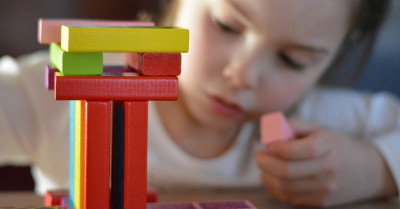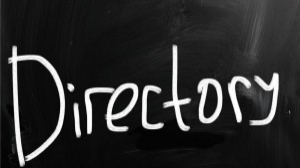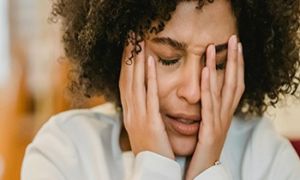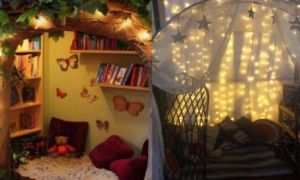Blocks are open-ended play materials; there is no right or wrong way to build with them.
Sometimes children start with an idea of what they want to make, at other times, the three-dimensional design grows as children place blocks together randomly or in patterns. The creations built-in blocks are often reminiscent of things they have seen, and so they will begin to name what they build: a house, road or railway train.
In the block area, children play together and share experiences. One child's idea of how to build something may differ from another's, so they learn to respect different ideas and learn from each other. As children build together they solve problems and enjoy the benefits of co-operation.
Benefits Of Block Play
Through block play, children learn about sizes, shapes, numbers, order, area, length and weight as they begin to construct and build with blocks. Listed below are some suggested learning objectives that support a child's overall development.
- Enables children to share and co-operate with others.
- Facilitates development in spatial and mathematical realms, by helping children learn to understand concepts of length height weight and area.
- Forces children to predict cause and effect relationships (seeing how high they can build before the blocks fall).
- Involves solving problems related to construction (building a bridge).
- Leads children to make use of physical principles (making towers of blocks for balance, creating supported bridges).
- Involves children in making a sequence.
- Involves classifying and sorting objects by size, shape and function (placing blocks of the same size together).
- Leads children to utilize emergent reading and writing skills (making signs for building).
- Provides children to demonstrate pride in accomplishments and develop positive self-confidence.
- Involves the use of mathematical operations such as addition, subtractions and fractions (judging how many blocks are needed to fill a space).
Blocks are an essential interest area in the childcare setting. Although often thought as a resource for physical and social development, blocks also enable children to explore concepts across all developmental learning areas.
Linking To The EYLF
- 1.4 – Children learn to interact in relation to others with care, empathy and respect.
- 2.3 – Children become aware of fairness.
- 3.2 – Children take increasing responsibility for their own health and physical well‐being.
- 4.4 – Children resource their own learning through connecting with people, place, technology and natural and processed materials.
- 5.1 – Children interact verbally and non‐verbally with others for a range of purposes.
To download the poster for free: Benefits Of Block Play



 Open ended questions cannot be responded to with one word answers such as yes or no. These types of questions enables a child to provide
Open ended questions cannot be responded to with one word answers such as yes or no. These types of questions enables a child to provide During your child’s preschool years, an important milestone begins to emerge. This is the development of pre-writing skills. Pre-writing skills are used to encourage, develop
During your child’s preschool years, an important milestone begins to emerge. This is the development of pre-writing skills. Pre-writing skills are used to encourage, develop An Acknowledgment of the Country is a way of showing respect for the Traditional Owners and can be given by both non-Indigenous people and Aboriginal
An Acknowledgment of the Country is a way of showing respect for the Traditional Owners and can be given by both non-Indigenous people and Aboriginal Open ended materials enables children to play freely. They are objects that have no rules to follow, use or function. Raw materials that can be
Open ended materials enables children to play freely. They are objects that have no rules to follow, use or function. Raw materials that can be Language plays an important role in a child’s development. It enables a child to communicate effectively with their family, learn at school, socialize with friends,
Language plays an important role in a child’s development. It enables a child to communicate effectively with their family, learn at school, socialize with friends, Like adults, children have to deal with their own stress in life. Moving house, starting a new school, preparing for a new sibling - these are
Like adults, children have to deal with their own stress in life. Moving house, starting a new school, preparing for a new sibling - these are Playdough is such a versatile material. It provides numerous benefits to children as they manipulate it, it is safe and soothing and provides children with
Playdough is such a versatile material. It provides numerous benefits to children as they manipulate it, it is safe and soothing and provides children with Teaching children about sustainability enables them to appreciate and respect the natural environment. Early childhood services can provide meaningful hand on learning experiences in order
Teaching children about sustainability enables them to appreciate and respect the natural environment. Early childhood services can provide meaningful hand on learning experiences in order Recycling is an important concept that teaches children to care for the environment. It encourages children to be responsible and show a growing appreciating for
Recycling is an important concept that teaches children to care for the environment. It encourages children to be responsible and show a growing appreciating for Incursions provide children with the opportunity to explore meaningful learning experiences in the comfort of their early childhood service. The following provides a directory of
Incursions provide children with the opportunity to explore meaningful learning experiences in the comfort of their early childhood service. The following provides a directory of


